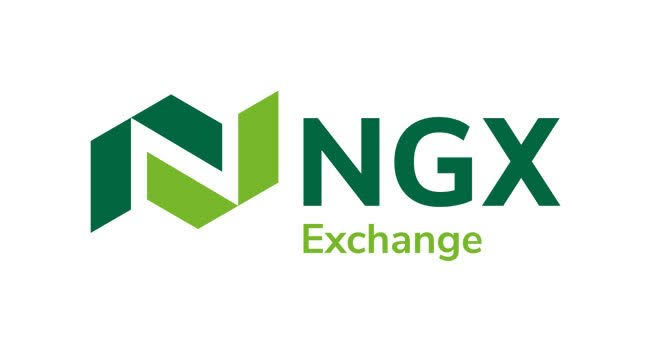Foreign investors have pulled out N151.81 billion from the Nigerian Exchange (NGX) Limited in the first nine months of the year.
This was contained in the newly released report by the NGX’s Domestic & Foreign Portfolio Investment (FPI) Report for September 2021.
The nation’s stock market has witnessed foreign investment outflows than inflows in the period under review as N151.81 billion in foreign portfolio investment outflows recorded higher than N135.39 billion brought in by the foreign investors.
The FPI report included transactions from nearly all custodians and capital market operators and it is widely regarded as a credible measure of FPI trends. The report uses two key indicators-inflow and outflow, to gauge foreign investors’ mood and participation in the stock market as a barometer for the economy.
Meanwhile, the total transactions at the nation’s bourse for the period under review stood at N1.332 trillion as against N 1.336 trillion achieved in the corresponding period of 2020.
Further analysis of the total transactions executed between January and September 2021 revealed that domestic investors pulled transactions of N1.045 trillion, representing 78.43 per cent, while foreign investors transacted total equity worth of N287.2 billion, representing 21.57 per cent. Institutional investors traded shares valued at N608.03 billion, while retail investors accounted for N436.53 billion in the first nine month of the year.
The stock market All-Share Index (ASI) recorded year-to-date loss of 3.25 per cent as at September 24, 2021.
Capital market analysts noted that foreign investors’ low patronage of the stock market has been attributed to scarcity of foreign exchange (FX) as well as concerns about the coronavirus pandemic. Transactions in the local bourse used to be dominated by foreign investors until 2019, when the domestic investors took over the lead.
A stockbroker with Calyxt Securities Limited, Tunde Oyediran, said: “it is a good thing that domestic interest is building in the market; it is really positive. This is what we have been clamouring for, where the local investors will be the drivers of the market. With a level of activities demonstrated by the domestic participation will bring some sort of credibility and relative stability in the market.”
Analysts at Cowry Assets Management Limited expected “the equities market to be bullish in the last quarter of the year. More so, given the inability of FPIs to repatriate their funds amid shortage of US dollar supply, we anticipate a re-entry by the FPIs into the equities market ahead of final dividend payment, pending when Central Bank of Nigeria (CBN) provides dollar liquidity.
“On stock picks, we are positive on some of the tier-1 banking stocks, such as Zenith Bank and United Bank for Africa (UBA) as they are likely to sustain or increase their dividend payouts.”
Also, Crodros Capital Limited expected domestic investors’ activities to maintain current momentum as investors take positions in dividend-paying stocks ahead of 2021 full year dividend declarations.
“Similarly, we expect improved participation from FPIs on account of increased dollar liquidity at the I & E window given inflows from International Monetary Fund’s Special Drawing Rights (SDRs) allocation and the Eurobond issuance. Accordingly, we see scope for improved activities from both the domestic and foreign investors over the medium term,” it stated.
The vice president of Highcap Securities Limited, David Adonri, said the primary market for equities, which is tied to the fundamentals of the economy, has been comatose since 2015, while capital formation is paltry, due to weak macroeconomic fundamentals of the economy.
According to him, the primary market is the essence of the capital market. It forms equity capital, which the Nigerian economy direly needs to create wealth and generate productive employment for youths. He argued that for issuers to approach the market to raise capital, there must be some reasonable level of recovery in the economy to sustain the current bull-run.
Specifically, he charged the federal government to restrategise and address current macroeconomic concerns, promote issues of national development, tackle prevailing stock market volatility, restore the market to sustainable rebound, and attract new issues to the nation’s bourse.



